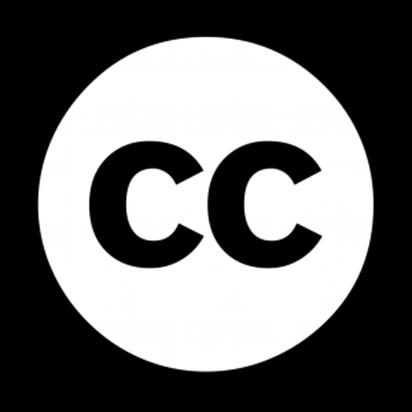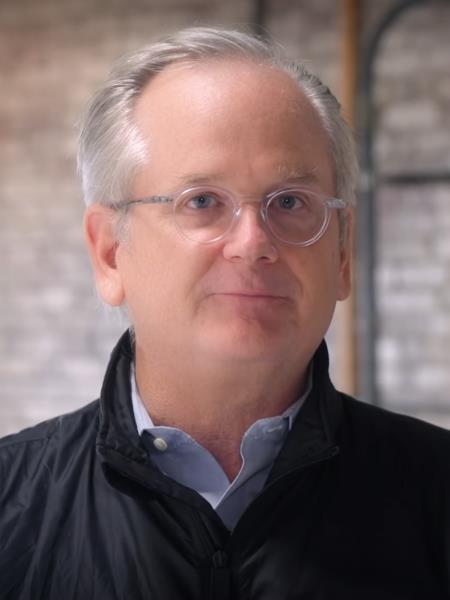
Creative Commons is three things: a set of licenses (legal tools), a nonprofit, and a movement. For the purposes of this LibGuide and the Institutional Repository, the main focus will be the first two of these. Links and more information about the movement will be included in the additional resources for those interested in learning more about it.

Creative Commons image utilized in line with Creative Commons trademark policy.
The history of Creative Commons is intrinsically tied to the Sonny Bono Copyright Term Extension Act and to the rise of the Internet as a tool for the sharing of creativity. Lawrence Lessig, a law professor at Stanford University, alleged that the Sonny Bono Act contradicted the Copyright Clause of the Constitution. If copyright keeps being extended, then works can never enter the public domain and contribute to the advancement of arts and sciences. Copyright should not be something that is continually extended.
In addition, the rise of the Internet allowed users to quickly share, remix, and adapt materials to many different people and on many different websites. Copyright law directly conflicts with the internet because of how restrictive and long-lasting it is. Works are completely protected, but the Internet facilitates easy sharing and easy contributions to the pool of scholarly knowledge. People are unable to repost and reuse works online because they infringe on copyright protections.
These conflicts came to a head in 2002, when Lessig represented Eric Eldred in the court case Eldred v. Ashcroft. Eldred published on the Internet works that newly passed into the public domain. With the retroactive extension of copyright from the Sonny Bono Copyright Term Extension Act, it prevented Eldred from publishing a set of materials that should have passed into the public domain. Lessig and Eldred argued that this was a direct violation of the Copyright Clause; the court disagreed, asserting that the extension was valid.
In response and with the desire to address the proliferation of online media sharing, Lessig formed the nonprofit corporation Creative Commons; this nonprofit would publish the Creative Commons licenses, tools that allowed people to alter how much control they had over their copyright. While rights remained with the creator, the licenses allowed for more flexibility in sharing and distributing works.

"Lessig in 2024" by lessig is licensed under Creative Commons Attribution 3.0 Unported.